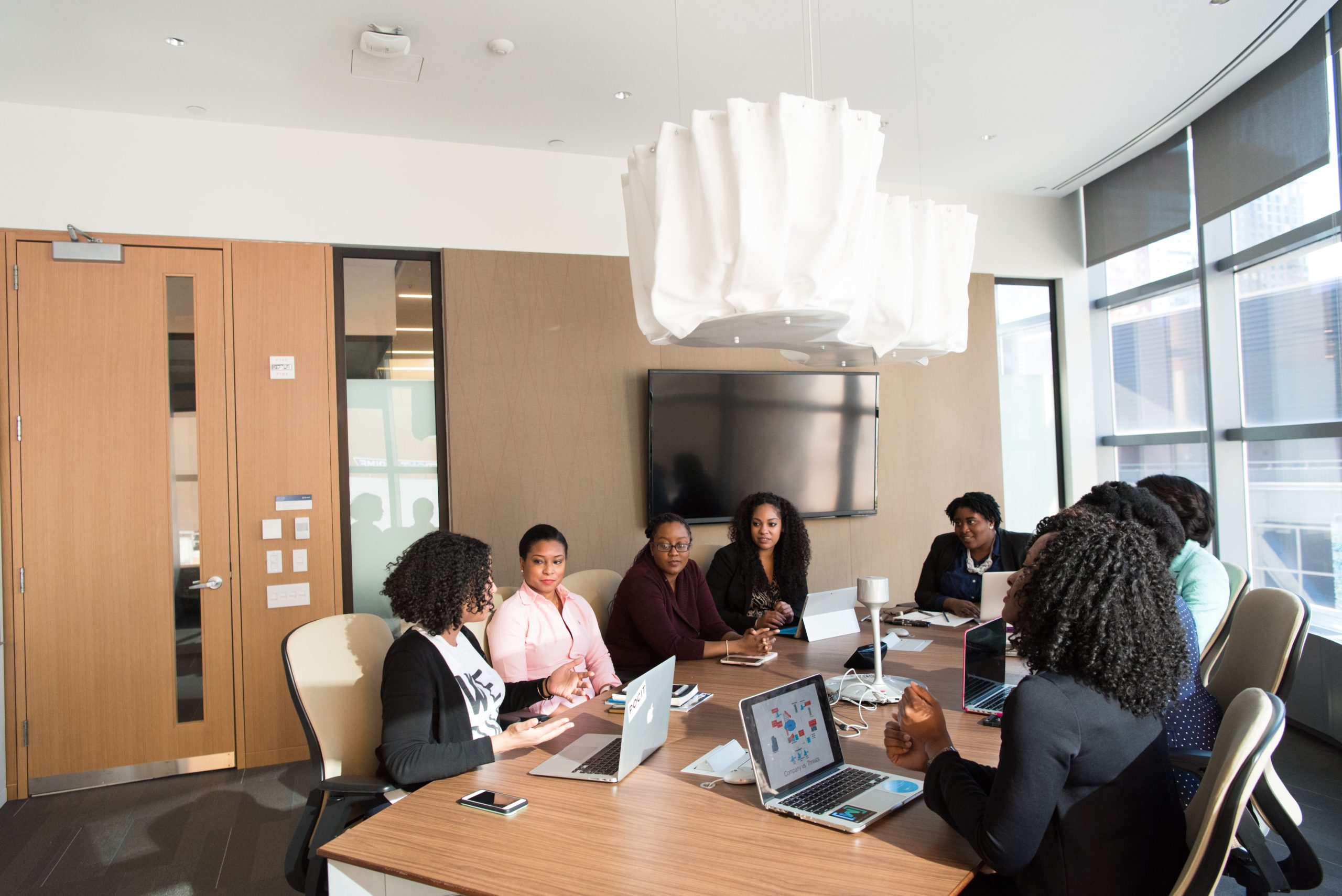The style of leadership in the company should depend on generational characteristics. Boomers are more attentive to the traditional hierarchy and authoritative style. Yet, millennials are quite different. The features of employees depend on the circumstances and environment they grew up in. The youth of millennials comes to the economic recession, ecological problems and tragic terroristic events. That’s why when working with them it is important to apply other ways of leadership.
After all, by the year 2025, millennials will be 75% of the whole workforce. And it is just in 5 years from now. It is the main reason why the employment market and corporate rules change. There are many academic sources and essays provided by professionals like EssayPro that state the generation differences. Now, let’s dive into democratic leadership and why it is beneficial for millennials.
What Democratic Leadership Includes
There are several ways to build relationships in a company or a business. Mainly, professionals focus on four main styles of cooperation:
- Authoritarian
- Democratic (or participative)
- Delegative
- Transactional.
The difference between them is in the way a leader distributes responsibilities and communicates with employees. The democratic or participative style includes making decisions together and cooperating.
The democratic style takes into consideration the opinions of employees and they can freely participate in meetings and decision-making. The main focus is on the engagement of all team members at the approximately same level.
There is no surprise in the fact that leadership style influences performance directly. The way a leader communicates with employees affects their loyalty and engagement in the company’s future. It is also a part of corporate culture and the ambiance, which is very important for millennials.
The democratic style is beneficial because it allows employees to be included in the management. It gives them voice and challenges to take risks or invent something new. And this is what directly corresponds with the values of this generation.
Millennials as Employees
During the recent decade, there were many speculations on the features of this generation. Some of them are extremely negative. Stereotypes about millennials include that they are needy, lazy, have no respect for authorities and expect rewards all the time.
Yet, more grounded research shows that it is not true. This generation is known for several features that are usually common among employees:
- They value family and team first.
They are more likely to engage with colleagues and friends outside the professional space and prefer to help each other. For instance, generation X has a more individual-driven approach. Millennials are not the kind of people who would sacrifice their life for the position. That’s why autocratic leadership that might be based on the fear of losing a job won’t work on them.
Millennials might prefer a simpler lifestyle or less demanding job to spend more time with their families. Another factor is devoting time for passion projects and self-employment.
- They are driven by the meaning of their work.
Employees of this generation need to know that their work has a purpose and can actually make a change in the world or country. It is important to know that it is not for nothing. And the best way to give the purpose to their employment is to include them in decision-making. This way, a person perceives that their opinion, experience, and voice matters. They are ready to take responsibility as long as there is a chance to make something better.
- They want development.
The stereotype of millennials being needy comes from the fact that they don’t want to sit in one place for 10 years. They expect a company to provide room for growth and personal development. If people know that there is an opportunity to succeed in a company, they are more likely to be loyal and stay. When there is no chance to become a better professional, millennials prefer to change the job.
- They value feedback.
This generation wants to know how they perform and get constant feedback on it. It doesn’t mean that it should be exclusively positive. It means that if there is something in their work that goes wrong, they’d like to know that immediately. It is completely reasonable as instant feedback helps to eliminate making the same mistakes.
Benefits of Democratic Leadership with Millennials
The democratic style is one the most efficient because it corresponds with the needs of the generation. It includes employees in purpose-driven communication.
Here are the main benefits:
- It builds trust between employees. Communication and personal and working relationships are essential for this generation. Democratic style helps to built bridges between people and helps them trust each other more. It influences the overall corporate environment and makes it a more welcoming space.
- It is good for brainstorming and incorporating new ideas. Any team member can give a fresh idea on a problem, which is always great.
- People start to value their work more and their role in the company. Employees feel that their opinions matter.
- It has a focus on morality and company values. It corresponds to the need to make a positive change in the world.
- Employees feel more respect for the leader.
- The participation of different team members makes a stronger team.
In Summary
Millennials are becoming the main part of the workforce globally. That’s why it is vital to be ready to combine new methods of corporate communication if someone hasn’t already. Democratic leadership has lots of benefits and is extremely great in influencing employees’ performance. Millennials tend to feel more engaged in the process and more valued. This style promotes more open and trustful relations in the workplace and endorses fresh ideas.

